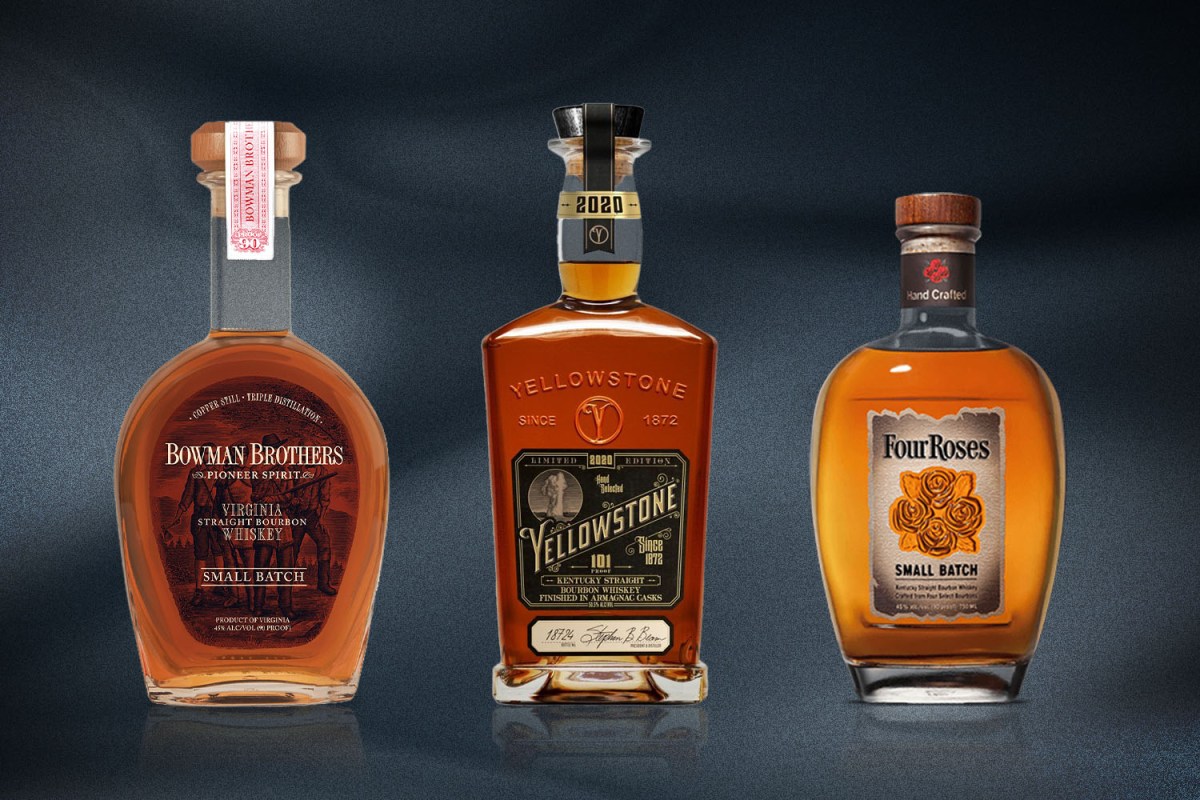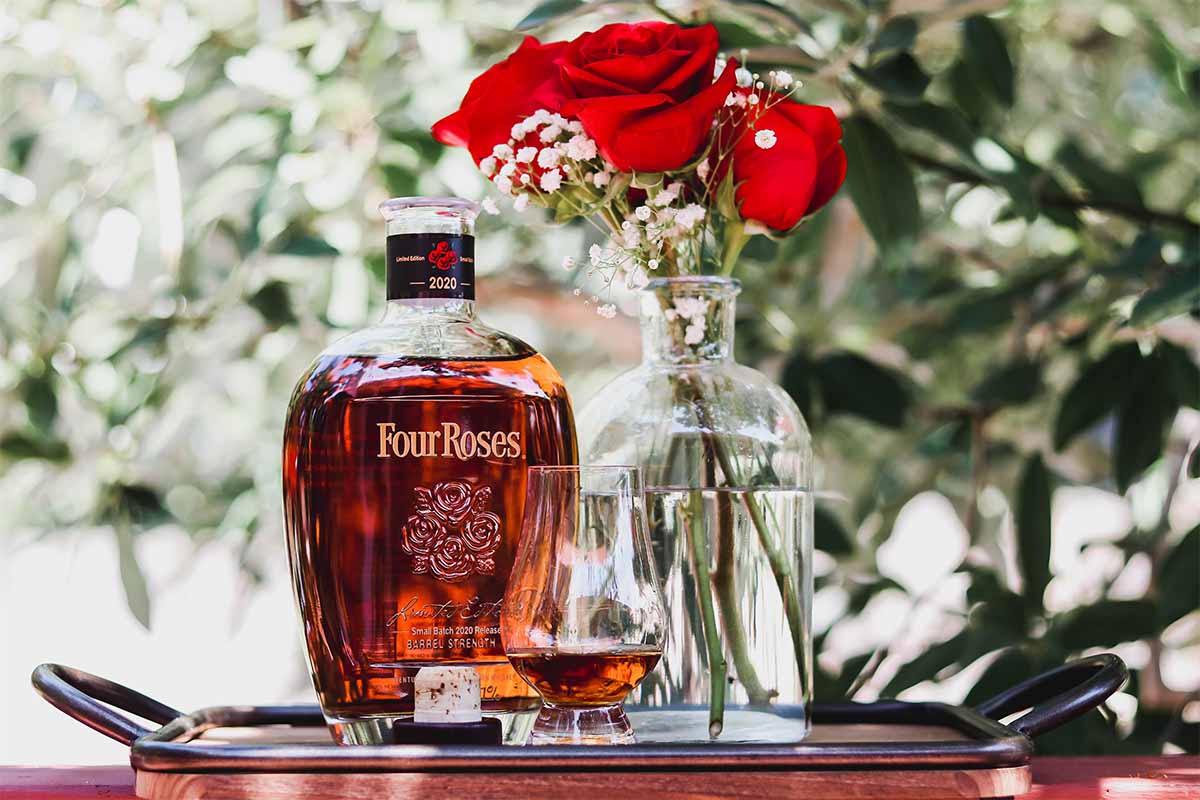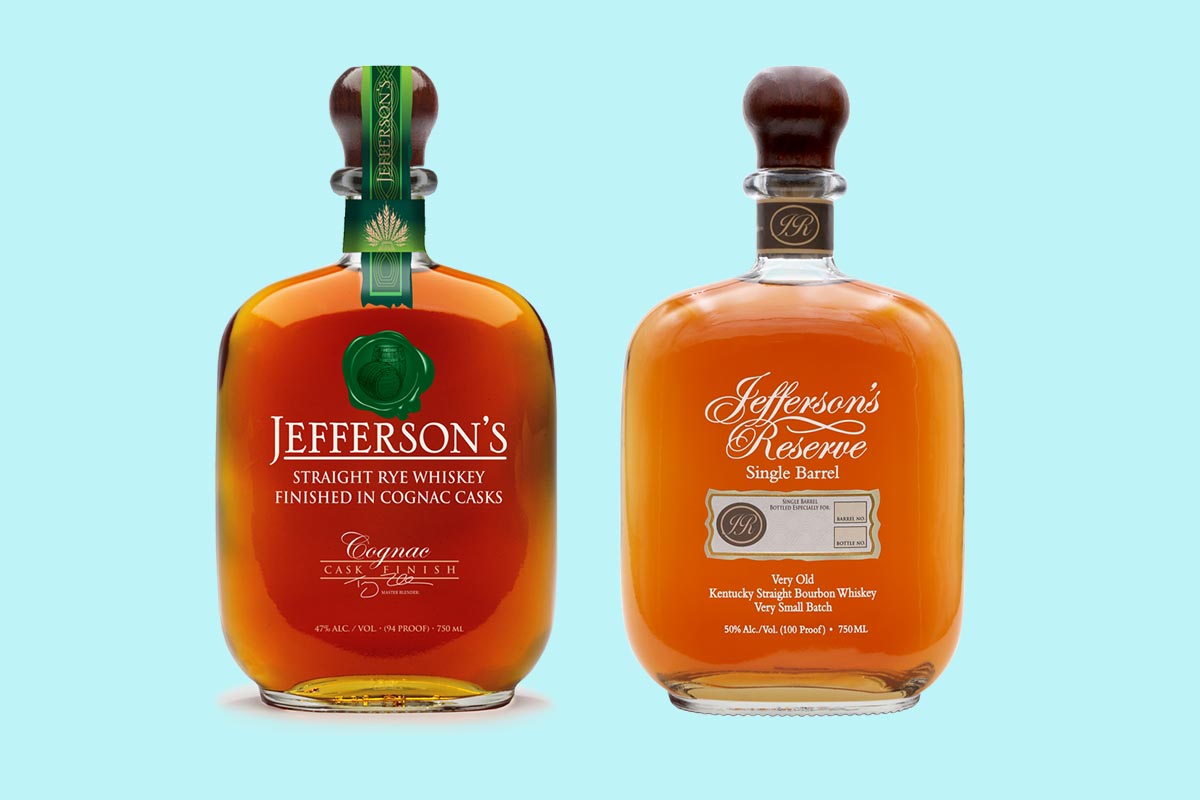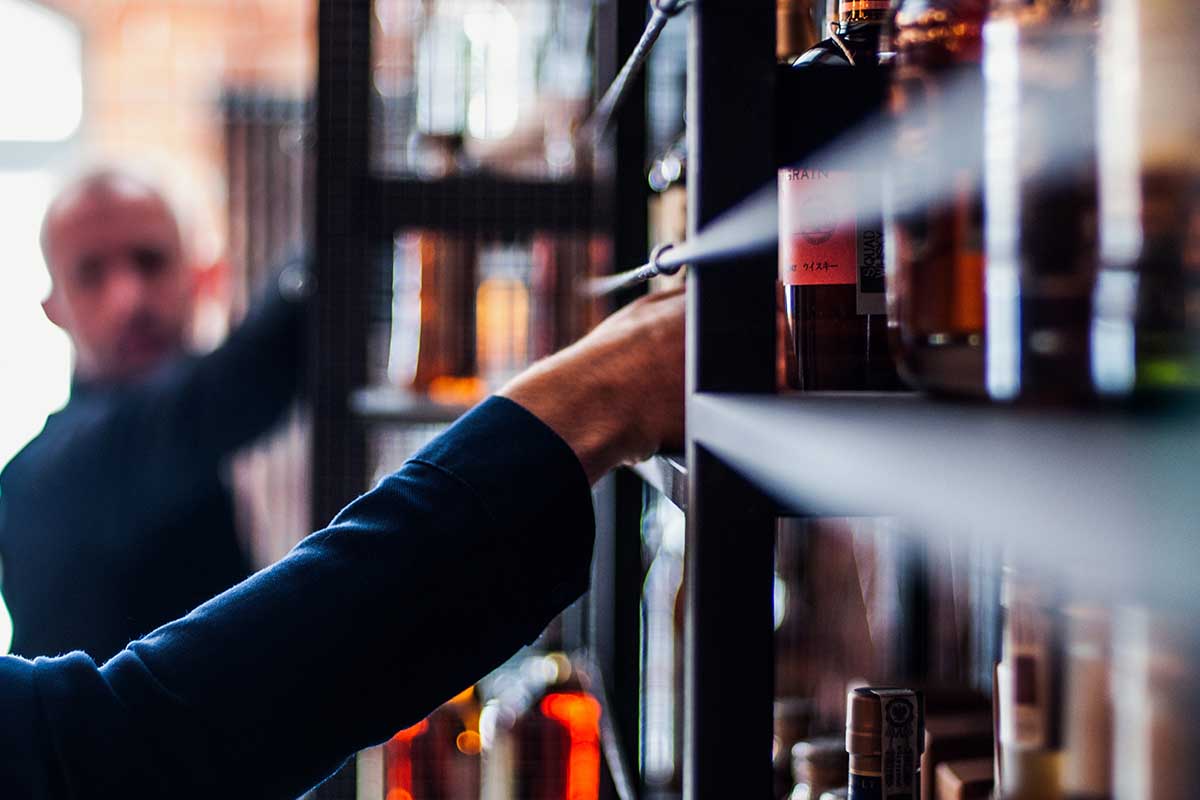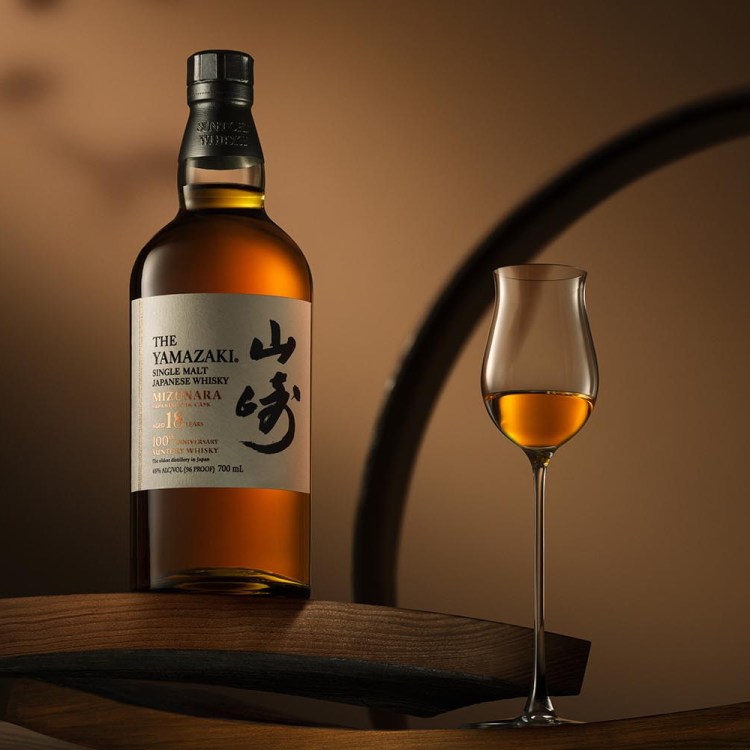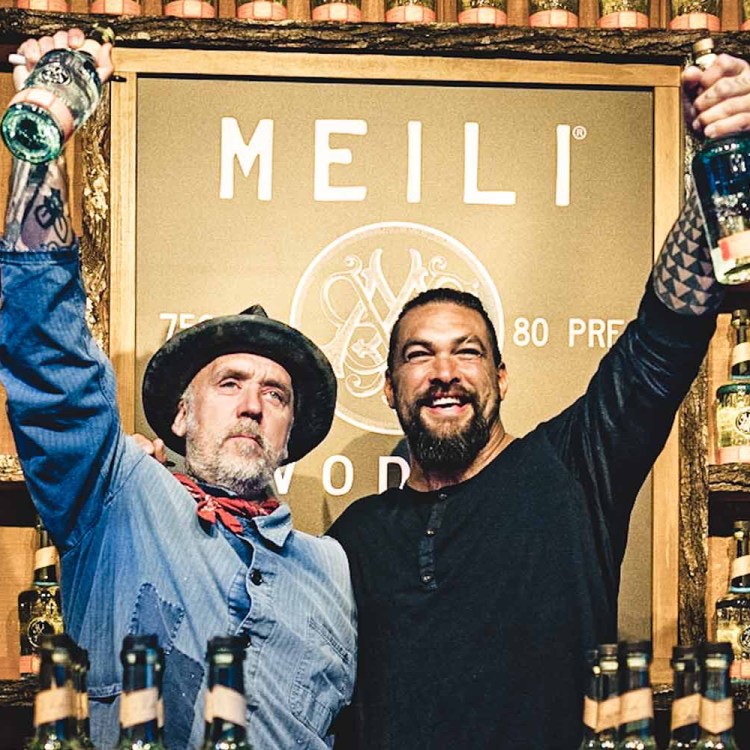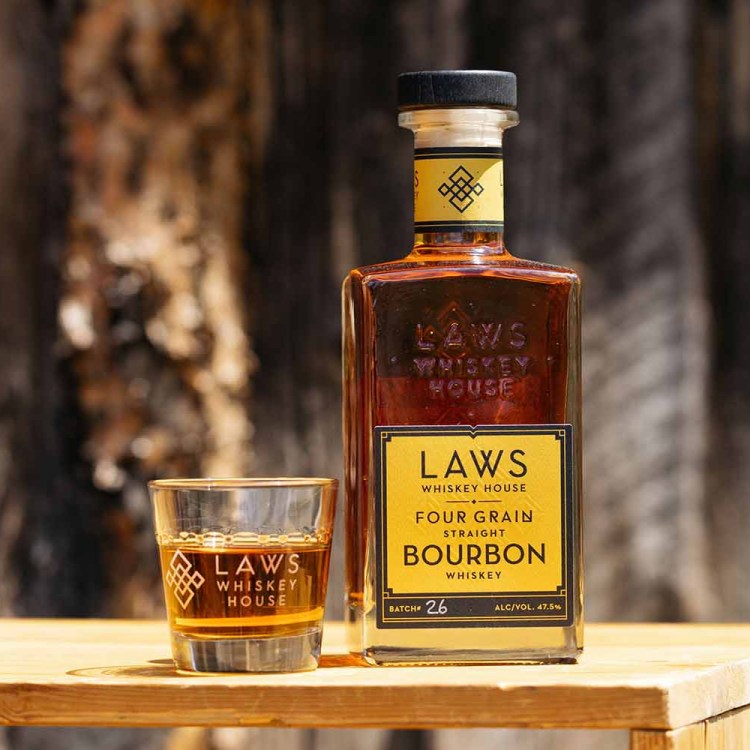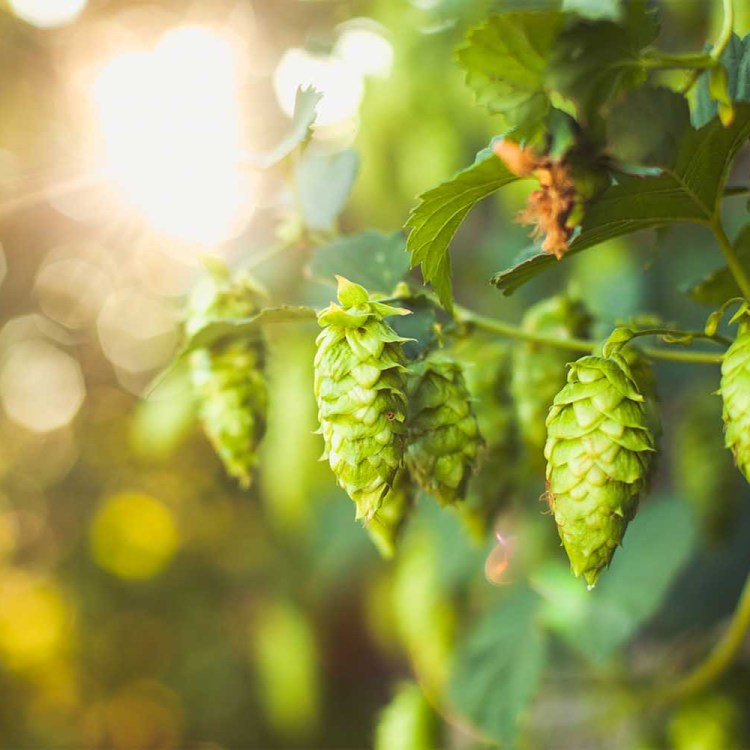Welcome to Show Me the Proof, a column where we pose big questions to the booze world and get drinks experts to argue the finer points. In the latest installment, we’re asking several leading whiskey distillers, “WTF is ‘small batch,’ anyway?”
If you see “small batch” written on a bottle of whiskey, it means a lot.
Let’s rephrase: Since “small batch” doesn’t have an official definition, it means a lot of different things. Most of them good! If you see it on a bottle from a distillery that you like and trust, it probably skews toward a common definition.
The Barrel Mill gives a good and broad explanation here. As they note, “Small batch is comprised of a select number of barrels that are mixed together to create a desired taste. The chosen barrels are selected purposely as they will complement and combine well together. Small batch whiskey can be comprised of somewhere between 10-50 barrels. This is just a basic guide as many distilleries set their own standards.”
Since we first learned about the phrase via Jefferson’s, a Kentucky distiller of bottles that suggest they’re operating with “very” and “ridiculously” small-batch bourbon (the quotes there aren’t emphasis or mockery, but because those adjectives actually appear on various Jefferson’s expressions), we gave co-founder Trey Zoeller first shot at explaining the meaning of the phrase.
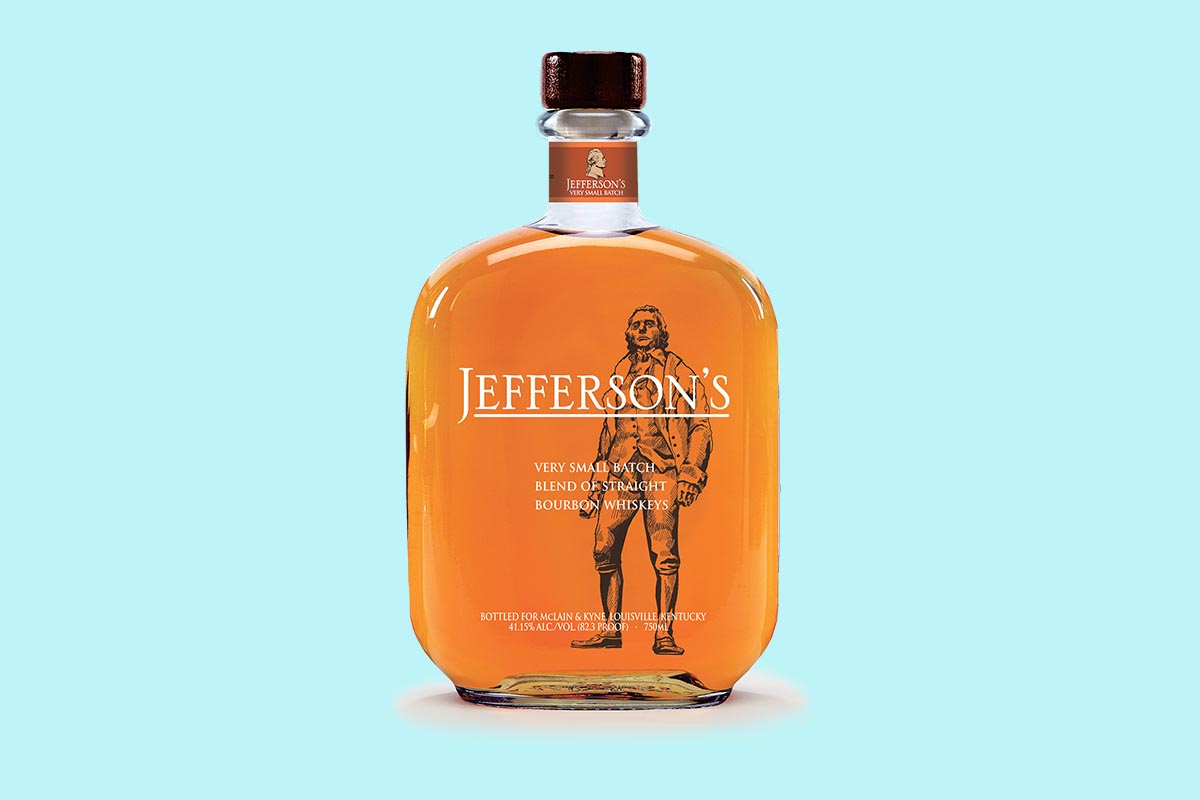
“To me, small batch means tasting and choosing barrels rather than dumping every single one into a blend,” as Zoeller tells InsideHook. “When you dump all the barrels you are looking for consistency, whereas when you choose a smaller allotment, you are trying to achieve a specific flavor profile in one of two ways: either by choosing a group of specific barrels with similarly unique flavor profiles, or by culling a variety of disparate-tasting barrels and then blending them together to achieve the desired result.”
We decided to open up the discussion to the larger field of whiskey makers and professionals, mainly domestic but with one international perspective. As well, it should be noted “small batch” doesn’t have to be confined to whisk(e)y — we’ve seen it on tequila and rum, but for now we’ll stick to the brown spirit where we usually find it.
InsideHook: Small batch doesn’t have an official definition. What does the phrase mean to you?
Gregg Snyder, Master Distiller at Chicken Cock Whiskey: Having been in the industry for 43 years, the term “small batch” has been very loosely used by many companies. For me, a true small batch is related to the number of barrels dumped per batch, not how much was made in a mash tub per batch, and would be anything from two barrels to 50, given that most of the bigger distilleries will typically dump several hundred barrels per batch. Even if this definition was used, most all whiskey from “craft distillers” would be a single barrel or “small batch.”
Chris Fredrickson, Founder & Distiller at Traverse City Whiskey Co.: I always get excited when I hear “small batch” being used to describe a whiskey. While it’s pretty subjective, and a loosely defined set of standards and requirements, to me, it means the distillery team (e.g., blender, distiller, tasting team, etc.) really took the time to handpick barrels to blend together that are going to produce a specific, sometimes unique, very thoughtful whiskey. I might be getting something a little older, a little higher proof. A fun whiskey that might be a better showcase of what that distillery is creating than their large batch or “entry” level offering.
Denny Potter, Maker’s Mark Master Distiller: Small batch has always just meant smaller than some other batch or smaller than might be expected, so I suppose if you’re a distillery that produces in 100-barrel batches and you choose to do one with 75, that’s technically a small batch for you, but it would be a little disingenuous. The way I see it, working in small batches is just about intentionality and preserving the integrity of your finished product. With less to blend with, there’s less room for error. You can’t hide away any subpar spirit or mellow out a given flavor, so you’re creating something with a distinct character. Most people don’t think of Maker’s Mark as “small batch” because you can find a red wax dipped bottle just about everywhere, but when you dig into our production process, we’re proud to tell you that Maker’s Mark is a small batch whisky, particularly for an operation of our size. We’re working in batches of no more than 30 barrels at a time.
Simon Brooking, Scotch Whisky Brand Ambassador at Beam Suntory: My association with small batch is as follows: small batch rings of my mum canning preserves in the kitchen. When it comes to the spirits industry, there are differing levels of “small batch.” Single malt Scotch is made one batch at a time using pot still distillation. Living with one of the stillman at Laphroaig on the island of Islay, I have a deeply personal response to Laphroaig. Along with spending evenings with him working the stills, I have broken bread and cut peat with these folks.
As for bourbon — traveling the whisky road with Fred Noe , great grandson of Jim Beam, I learned the story of Fred’s father Booker Noe, who was one of the early pioneers in the Small Batch bourbon. Booker began bringing samples home from work in the 1990s. He would lay out a variety of bourbon samples on the Lazy Susan on the kitchen table and slowly narrow it down to his favorite choices, giving rise to Booker’s and the small-batch bourbon collection that is Knob Creek, Baker’s and Basil Hayden.
Brian Prewitt, Master Distiller at A. Smith Bowman Distillery: Small batch is an important distinguishing element to our brands. We take care to choose the components to a blend so that they complement [one another] and hopefully make a product that is greater than the sum of its parts. We realize that small batch doesn’t have an official definition, which is why we currently like to define it as less than 24 barrels at a time. Typically, this means less than 1,000 gallons per batch. By producing in small batches, we are forced to focus on the small details that make a product unique and really drive for the quality that we desire in our bourbon.
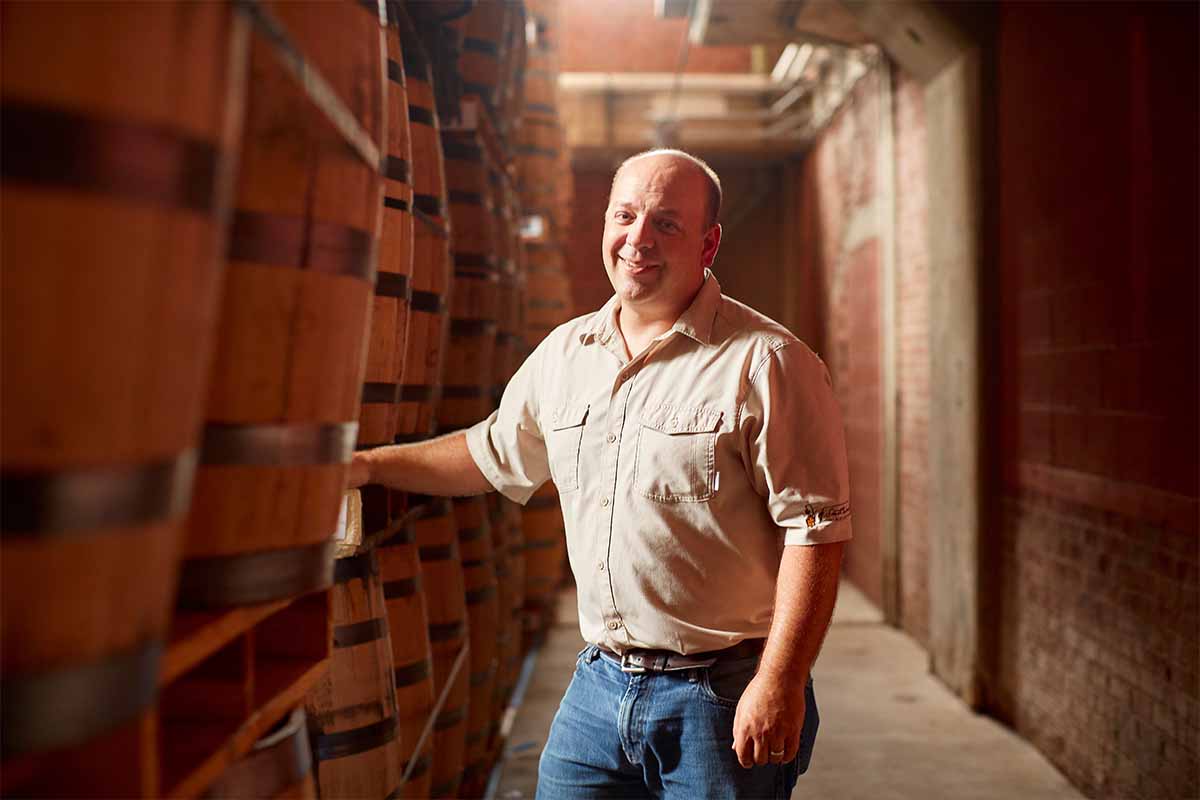
Jared Himstedt, Head Distiller at Balcones Distilling: Small batch is a vague term and has no agreed upon volume or size attached to it. At its best, it implies a more intentional and careful selection of barrels than a larger volume release, which is usually blended in lots. For smaller producers, almost every expression would meet that definition, as the bottlings and blends are usually small and the process of selecting the barrels can mean that every barrel is tasted and chosen to be in that batch.
Lisa Wicker, President and Head Distiller of Widow Jane Distillery: For me, as a blender, small batch implies the whiskey has had thought put into its construction, as opposed to “vatting” a whiskey. Vatting, in my opinion, means barrels have been dumped together, not sampled and making the best matches.
Tim Heuisler, Beam Suntory American Whiskey Ambassador: In the words of our seventh-generation Master Distiller, Fred Noe, small batch means “more than one and less than all.” There is no numerical definition to small batch and that’s OK. We mature our Small Batch Whiskeys in particular areas of particular warehouses to keep our flavor profiles as consistent as possible.
Marianne Eaves, curator of Eaves Blind: Small batch, like the words craft and handmade, for me has become diluted and virtually meaningless and should probably be avoided. However, when asked what this term means, I first tell a story about Jim Beam Master Distiller Fred Noe addressing the question for a group of bourbon enthusiasts — his comment was basically that if his normal batch is 1,000 barrels, wouldn’t a batch of 999 be a small batch? To me, less than 50 barrels is a small batch, and requires special attention to the balance, because it will be different than a standard mass production product.
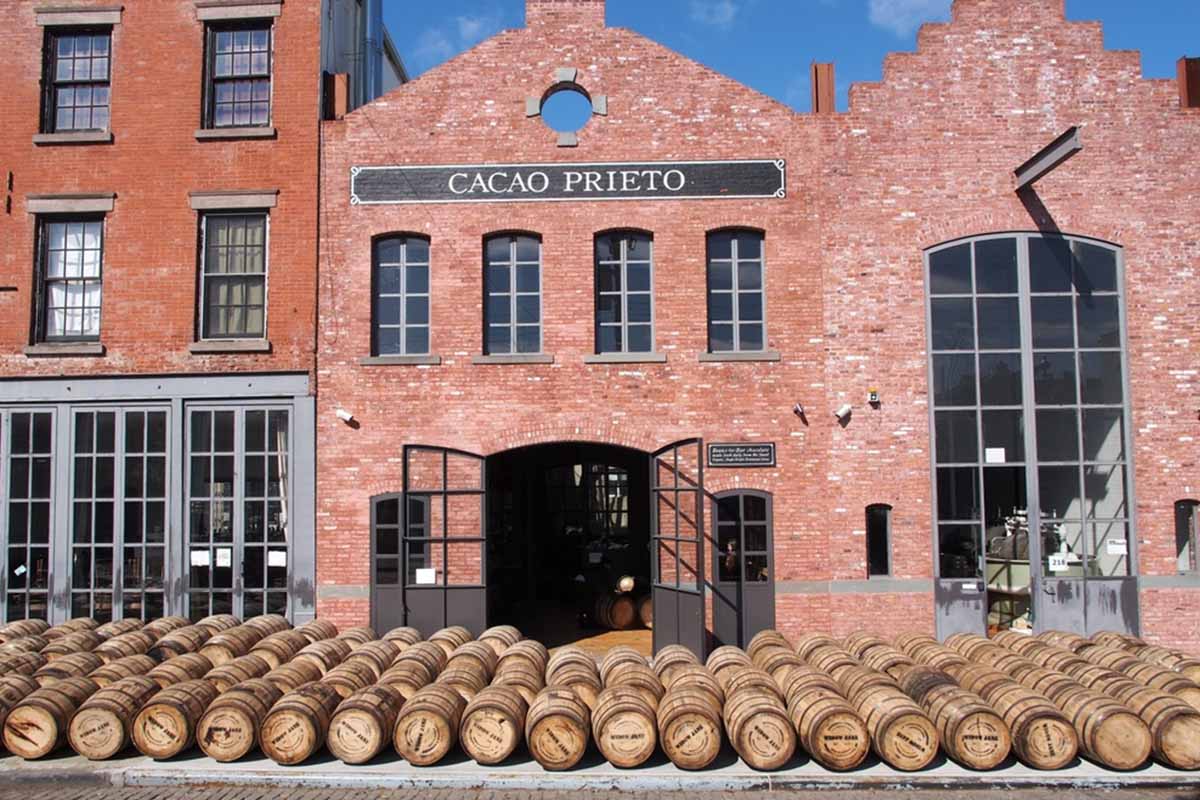
Should “small batch” have an official description or guidelines?
Trey Zoeller: Under the definition that I provided, it’s fine as it is. We describe our small batches as either “very” small batch or “ridiculously” small batch, which means we are taking only a select few barrels and marrying them together, thus our product will tend to vary slightly in taste … however they are always in a similar direction.
Gregg Snyder: For many years, I felt it would be beneficial or “more transparent” for consumers if the industry adopted regulations defining “small batch.” Much like the term “Full Proof” that is used in many cases today — what does “full proof” actually mean?
Chris Fredrickson: I don’t necessarily think it needs to have an official definition or guidelines, as that could hurt certain distilleries. And so far, the current system seems to be working.
Denny Potter: I think bourbon already has enough rules, and “small batch” being a bit of a vague term really isn’t hurting anyone. The bourbon industry may be a motley crew, but I like to think we’re at least a pretty honest, well-intentioned motley crew, and I can’t think of an instance from any of my peers where the term small batch is being used completely illegitimately. The whisky-savvy consumer that really cares about what’s in their glass will do their own research and find out exactly how many barrels are in a given batch of their favorite “small batch” anyway.
Simon Brooking: The description is fine as is; small batch is relative. Single Malt Scotch whisky and bourbon whiskey are experiencing a bit of a renaissance currently, so there are many sizes of distilleries. Whether it’s the no. 1-selling bourbon in the world with Jim Beam or no. 1-selling Islay single malt Scotch, Laphroaig, or your local distillery down the road that is working expertly and diligently on one barrel at a time, what’s most important is the taste. Small batch is marketing. Whisky is real.
Brian Prewitt: I don’t know that “small batch” should have official guidelines at this time. Yes, our definition of small batch may not fit another distilleries definition of small batch, but sometimes additional regulation can only lead to muddying the definitions and potentially have less clarity of processes. A key question is what would those guidelines be and who gets to decide them? Secondarily, what benefit to the consumer is created by making a definition? I don’t know if setting up an arbitrary batch size number is something that will benefit a lot of distillers or consumers.
Jared Himstedt: I am not interested in an official definition. The only way that could work would be to have a limit on how many barrels can go into a “small batch” blend, similar to how some associations decide who is a craft brewer or distiller based on a volume of production number. For a larger distillery their small batch products can be as big as our entire output for the year, so it’s still quite relative.
Lisa Wicker: I think it is fine as long as the whiskey house is educating their consumer on what size of “small batch” they are blending. For example, at Widow Jane, we always limit our batches to no more than five barrels. Give the consumer the knowledge and let them decide.
Tim Heuisler: Small batch guidelines would certainly make it easier to distinguish the category, but it would remove a lot of the art and freedom from the process. Leaving “small batch” amorphous means distillers are able to continue to innovate and practice their craft without limitation — they are only focused on using the barrels needed to create the flavor profile at hand.
Marianne Eaves: I believe the more specific the industry can be with the exact meaning of marketing terminology, the better off (and less confused) consumers will be. That may not be a popular answer, because it would require agreement across many brands who may use these terms in different, sometimes misleading, ways.
What’s a whiskey that’s producing an excellent small release that fits under your definition of the phrase?
Trey Zoeller: I just had some Old Carter that I thought was really complex. Making a small batch is really what master blenders do.
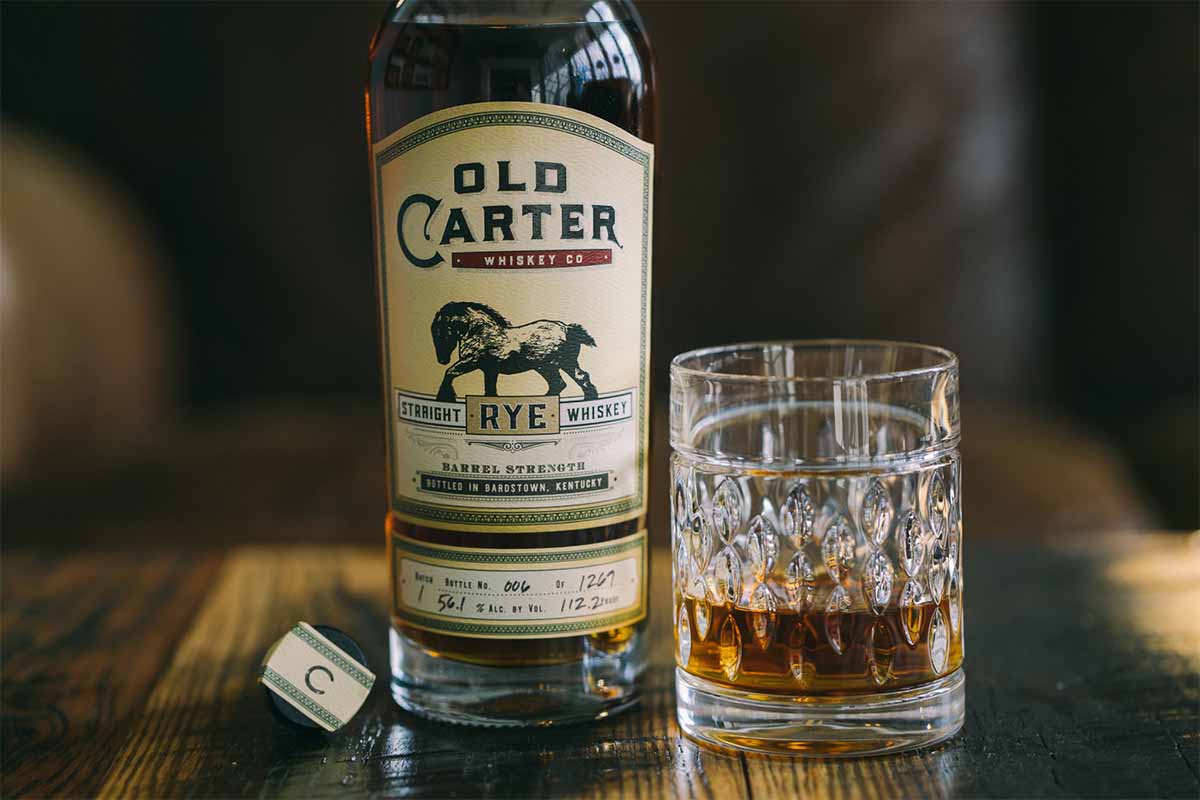
Gregg Snyder: So many “small batch” whiskies don’t come close to the volume I’ve suggested, and many that might have in previous years have grown, with larger batches dumped and processed for bottling. The best example I can think of is Calumet Farm Single Rack Black Bourbon. They pull all of the barrels from one Warehouse Rick location and one tier (19 barrels to be exact).
Chris Fredrickson: Willett (Family Estate 4-Year Rye)
Denny Potter: Wilderness Trail Single Barrel Bottled in Bond from Pat and Shane at Wilderness Trail, Booker’s from Beam Suntory, Yellowstone Limited Releases from Limestone Branch and Rowan’s Creek from Willett.
Simon Brooking: Laphroaig Cairdeas and Laphroaig 10 Year Cask Strength; Booker’s Bourbon, Knob Creek Single Barrel
Brian Prewitt: Bowman Brothers is my go-to and I rarely if ever reach for another. I will say that Danny Kahn is really doing some great work at 1792 with small-batch whiskeys.
Jared Himstedt: Four Roses Small Batch is always great. I respect and trust the folks at Four Roses immensely.
Lisa Wicker: Bardstown Bourbon Company is doing some beautiful blends; also, I am always curious to watch Barrell and their program.
Marianne Eaves: I think Lisa Wicker of Widow Jane maintains an unparalleled quality at the scale they produce.
Join America's Fastest Growing Spirits Newsletter THE SPILL. Unlock all the reviews, recipes and revelry — and get 15% off award-winning La Tierra de Acre Mezcal.
